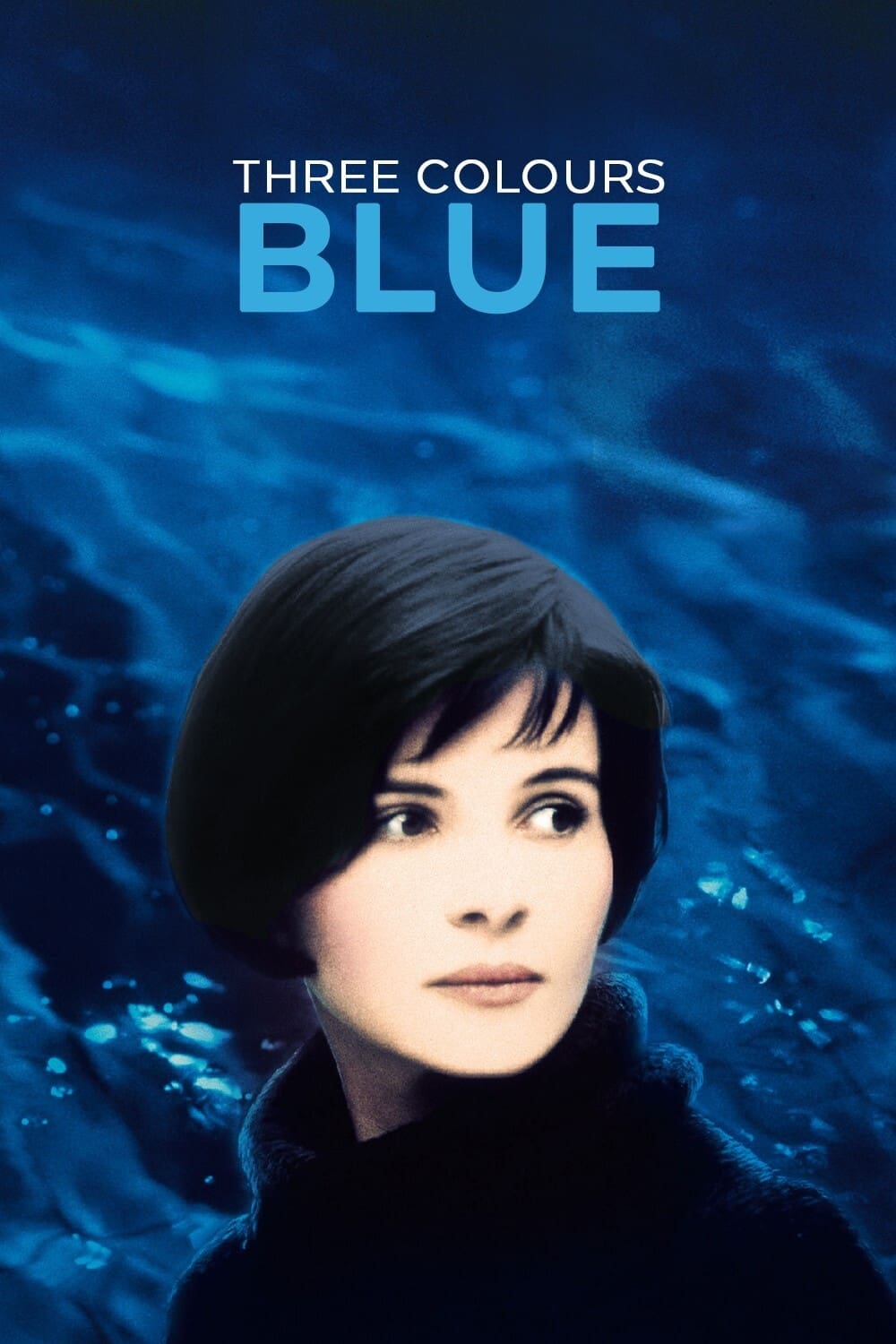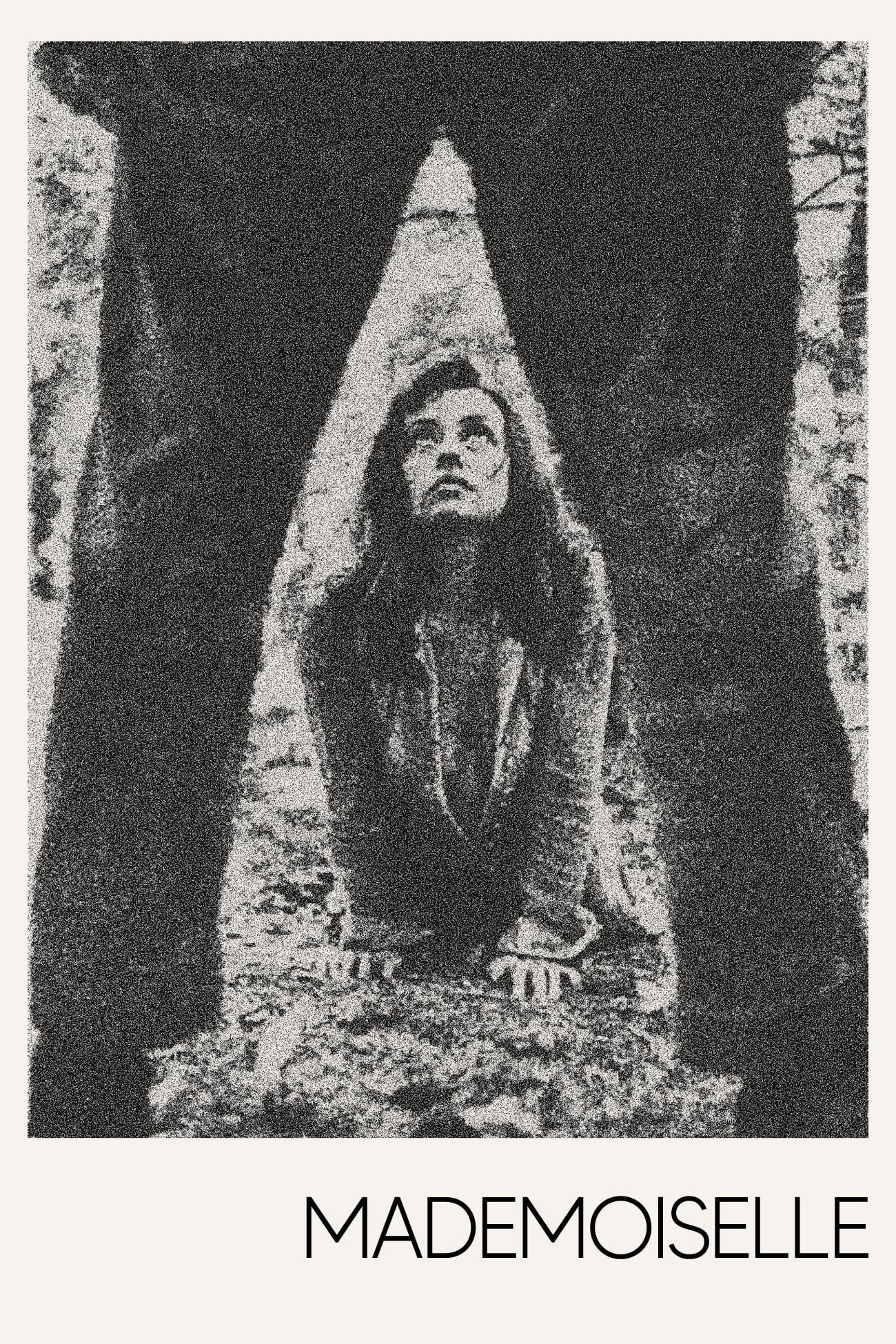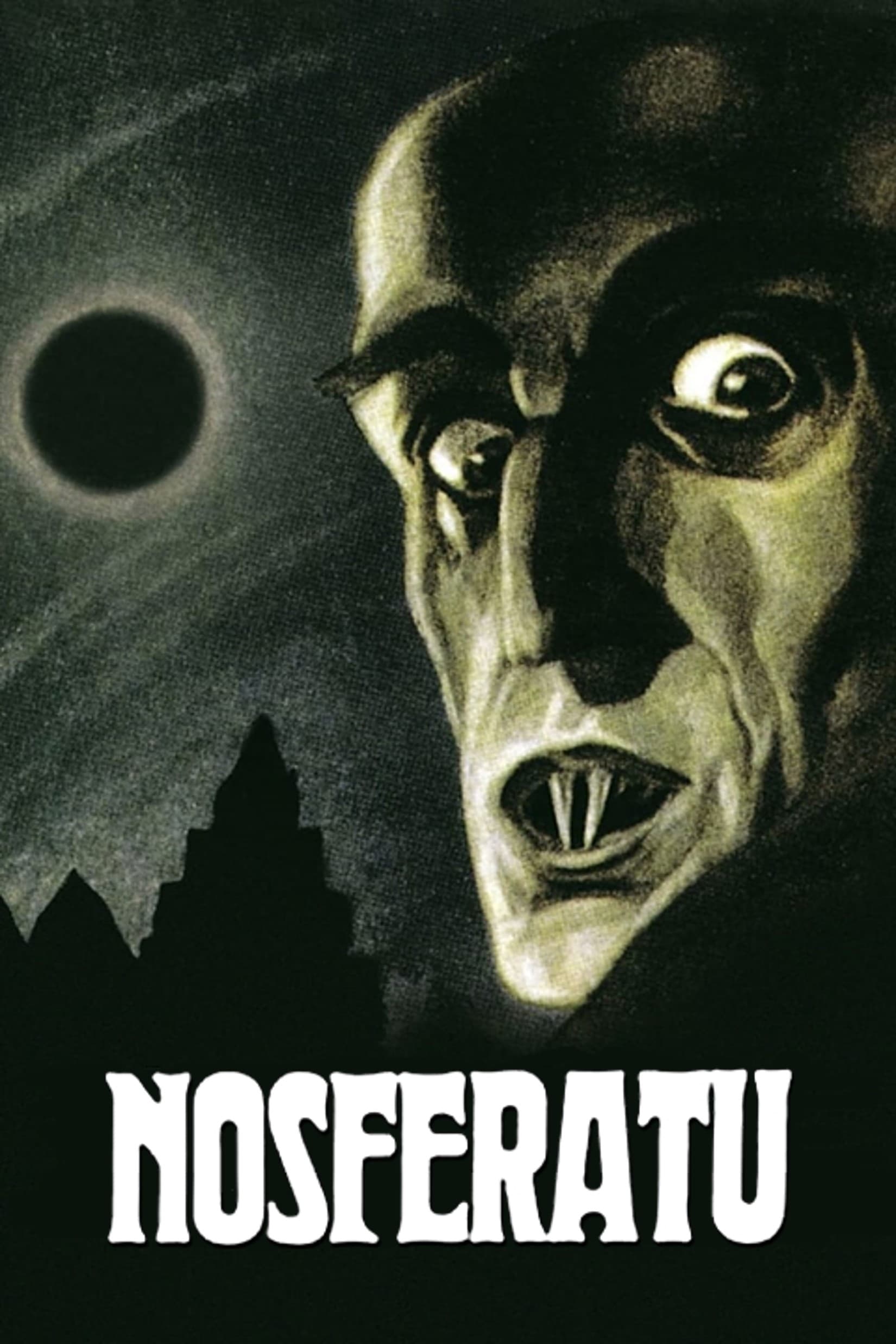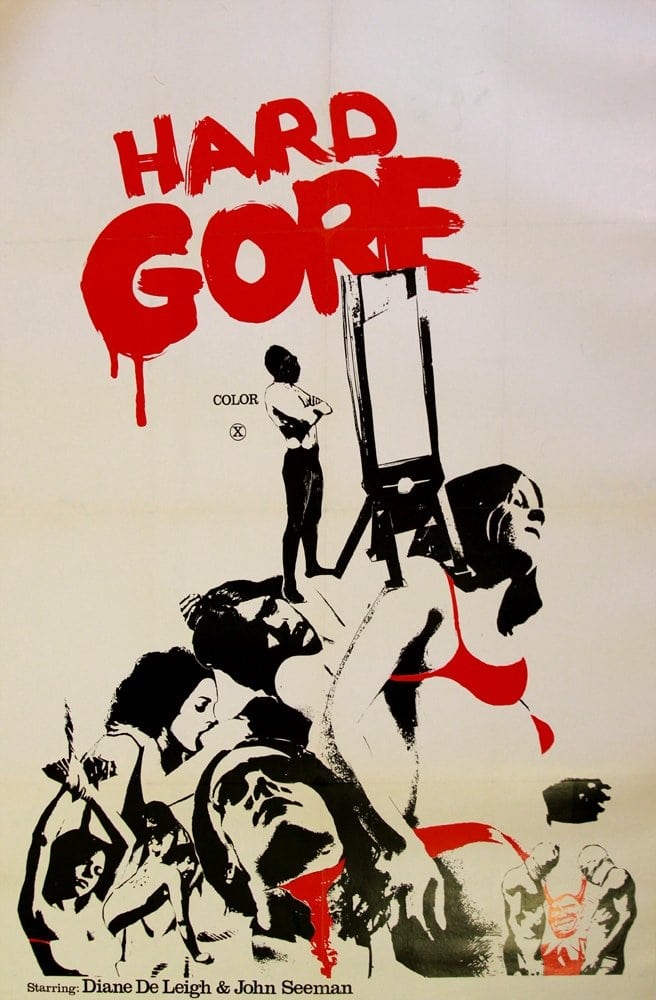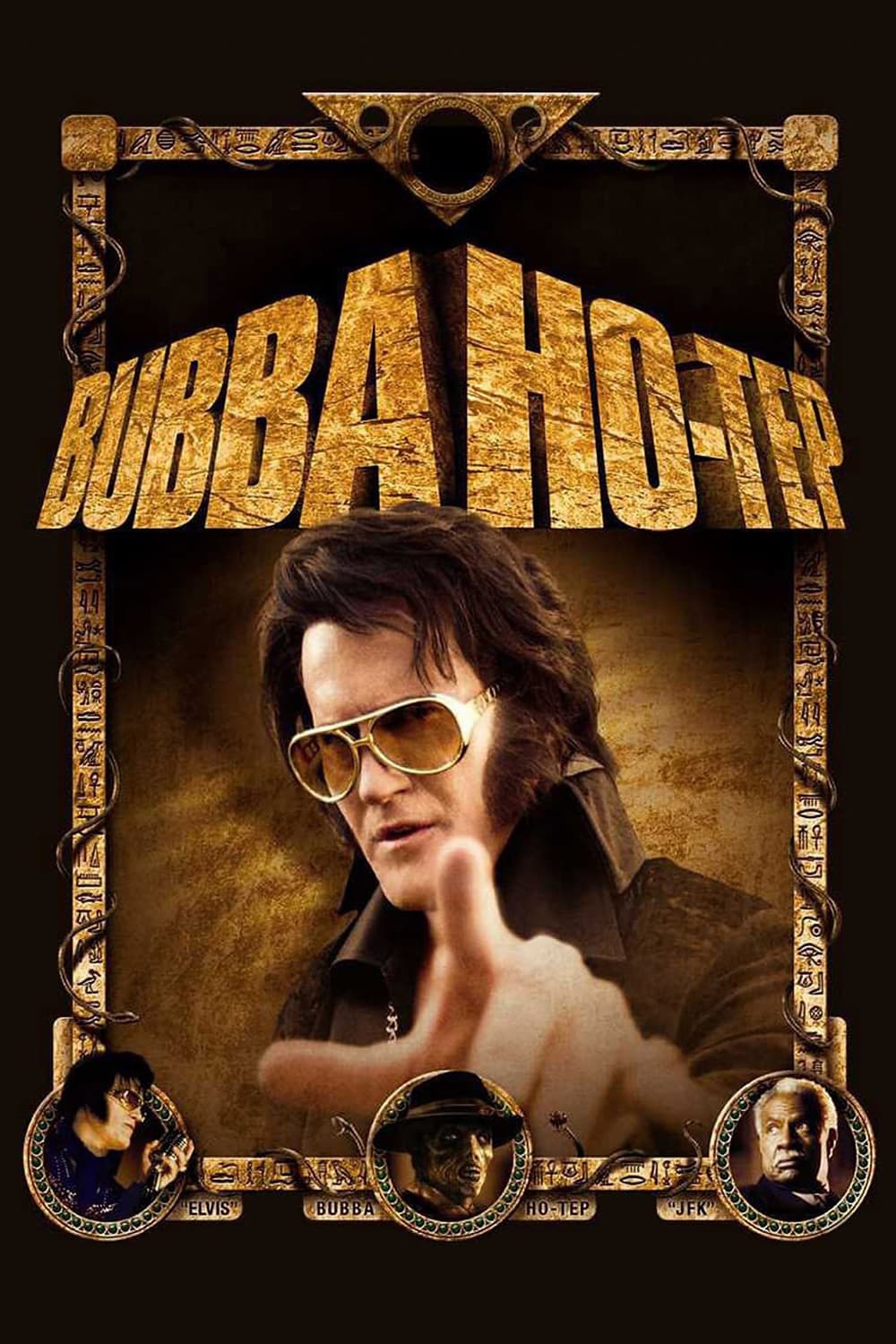
Bubba Ho-tep tells the "true" story of what really did become of Elvis Presley. We find Elvis as an elderly resident in an East Texas rest home, who switched identities with an Elvis impersonator years before his "death," then missed his chance to switch back. He must team up with JFK and fight an ancient Egyptian mummy for the souls of their fellow residents.
28 Sep Bubba Ho-Tep (2002)
The Singing Detective For those who don't know it, 'The Singing Detective' was the only decent thing I know that TeeVee has produced. It was one of those longish movies they call a miniseries. It featured a man in a hospital who imagined himself to be...



